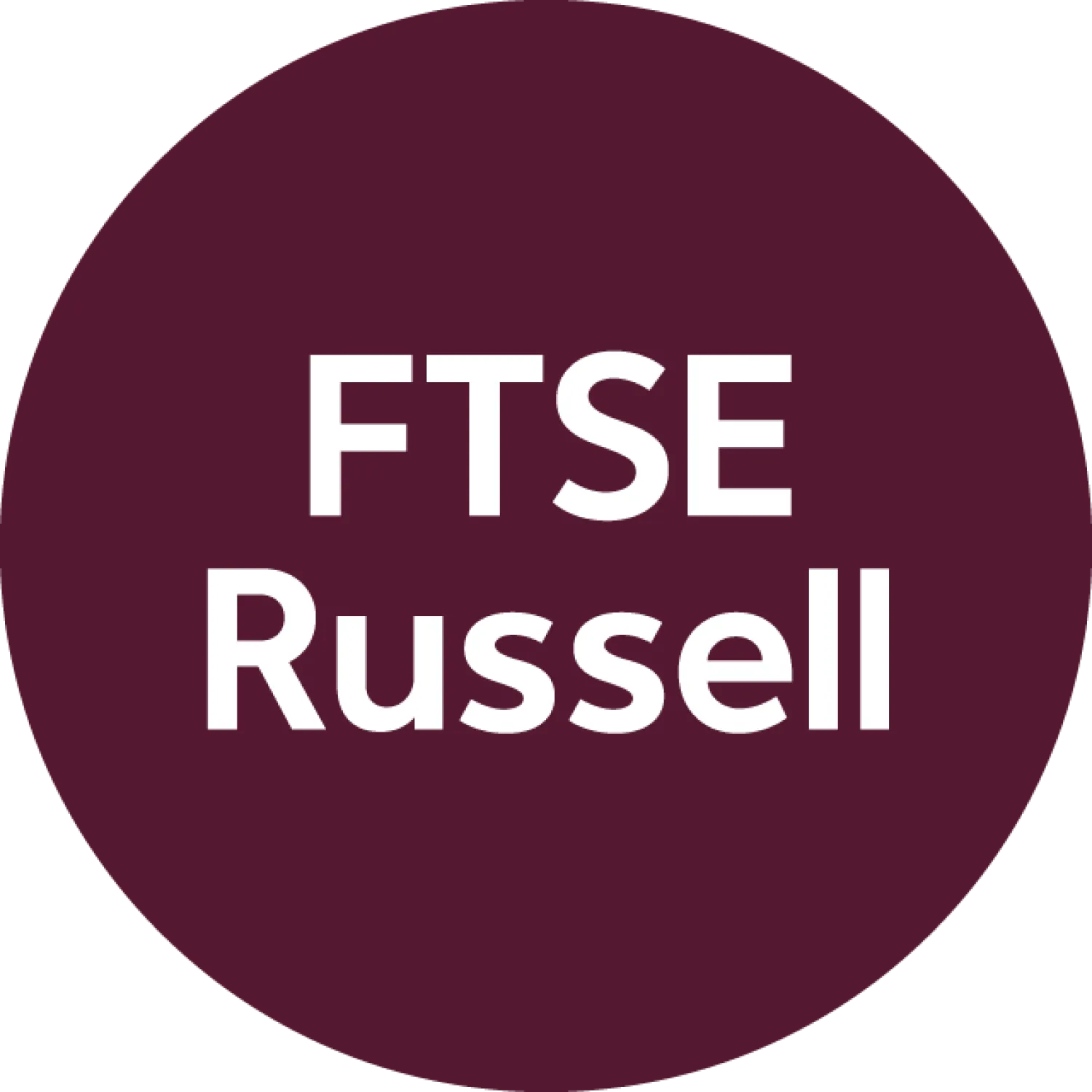FTSE Russell announced that Saudi Arabia has taken a number positive steps to increase the openness and effectiveness of its markets.
As a result of these reforms, it was anticipated that Saudi Arabia would meet the requirements for inclusion as a Secondary Emerging market as of the beginning of the next year following the implementation of further enhancements to the independent custody model.
FTSE Russell issued a statement announcing that it will launch a series of stand-alone indices for Saudi markets such as “global and regional FTSE Saudi Arabia inclusion indexes" and gave notice that the Kingdom’s markets would be classed as a “secondary emerging market” early next year.
Specific changes recently made by Saudi Capital Market Authority (CMA) and Tadawul to bring the market in line with international standards include the introduction of Real Estate Investment Trust (REIT) regulations to further diversify the availability of investment vehicles and promote investment in real estate in late 2016.
In addition, FTSE Russell stated that Qualified Foreign Investors (QFIs) were allowed to participate in IPOs as of January 2017 and Tadawul launched a parallel market called Nomu in February 2017 to stimulate economic growth by attracting additional sources of capital for smaller companies.
Tadawul adopted the new Tadawul Corporate Governance rules in February 2017 and the settlement period was amended from T+0 to T+2 in April 2017.
However, enhancements to the independent custody model, which enable custodians to reject the settlement of unconfirmed trades, are scheduled to be introduced in January 2018
The plan aims to boost and diversify the Kingdom’s economy by increasing foreign investment and developing the private sector to increase non-oil revenue. A vital portion of the plan attracting global attention includes the potential sale of up to 5 percent of Aramco.
CEO of FTSE Russell Mark Makepeace stated that FTSE Russell has strong relationships in the Middle East and is delighted to launch the new stand-alone country indices for the Saudi Arabian market.
"Saudi Arabia inclusion indices are a very positive step for the market and country as a whole and we will now begin work with institutional and market practitioners to prepare for the anticipated classification of Saudi Arabia as a Secondary Emerging market,"stated Makepeace.
The CEO declared that FTSE Russell is looking forward to working with Tadawul to further develop the index series and create innovative index products for this market.
In September 2017, FTSE Russell announced its annual country classification, which confirmed that Saudi Arabia remains on the firm’s watch list for possible inclusion as a Secondary Emerging Market within FTSE GEIS.









